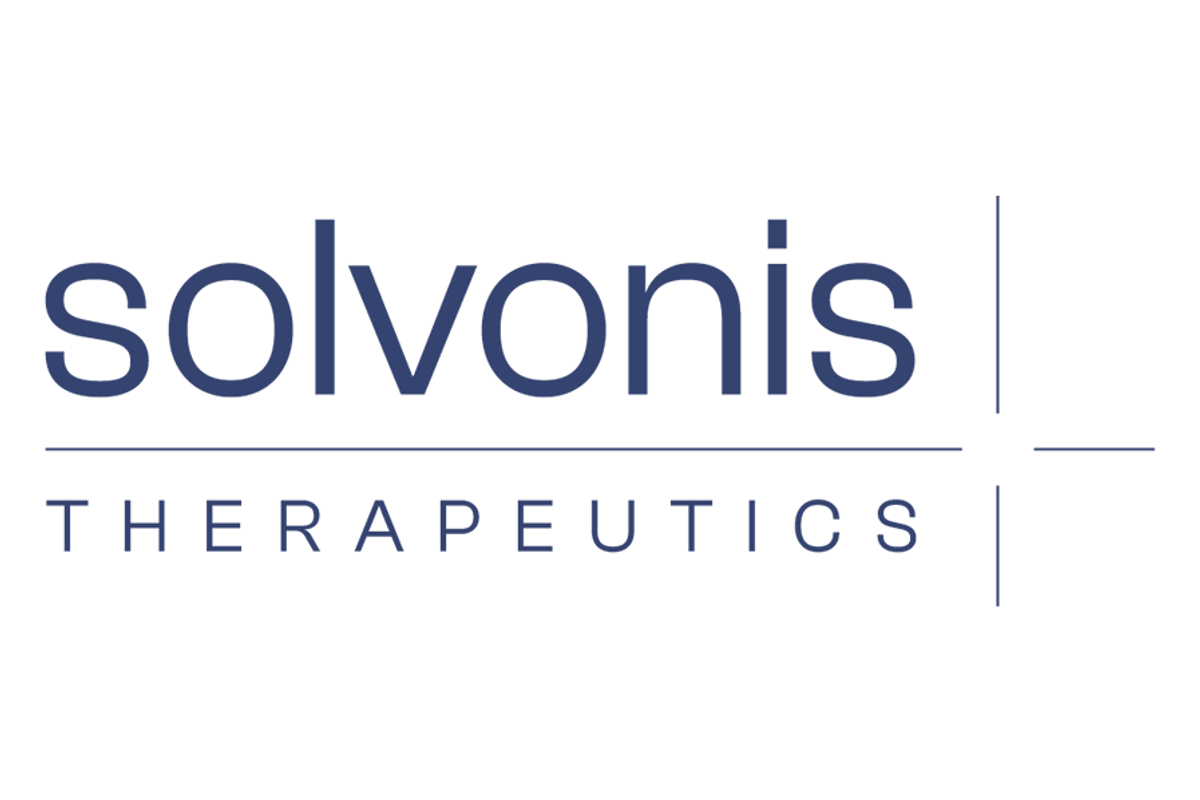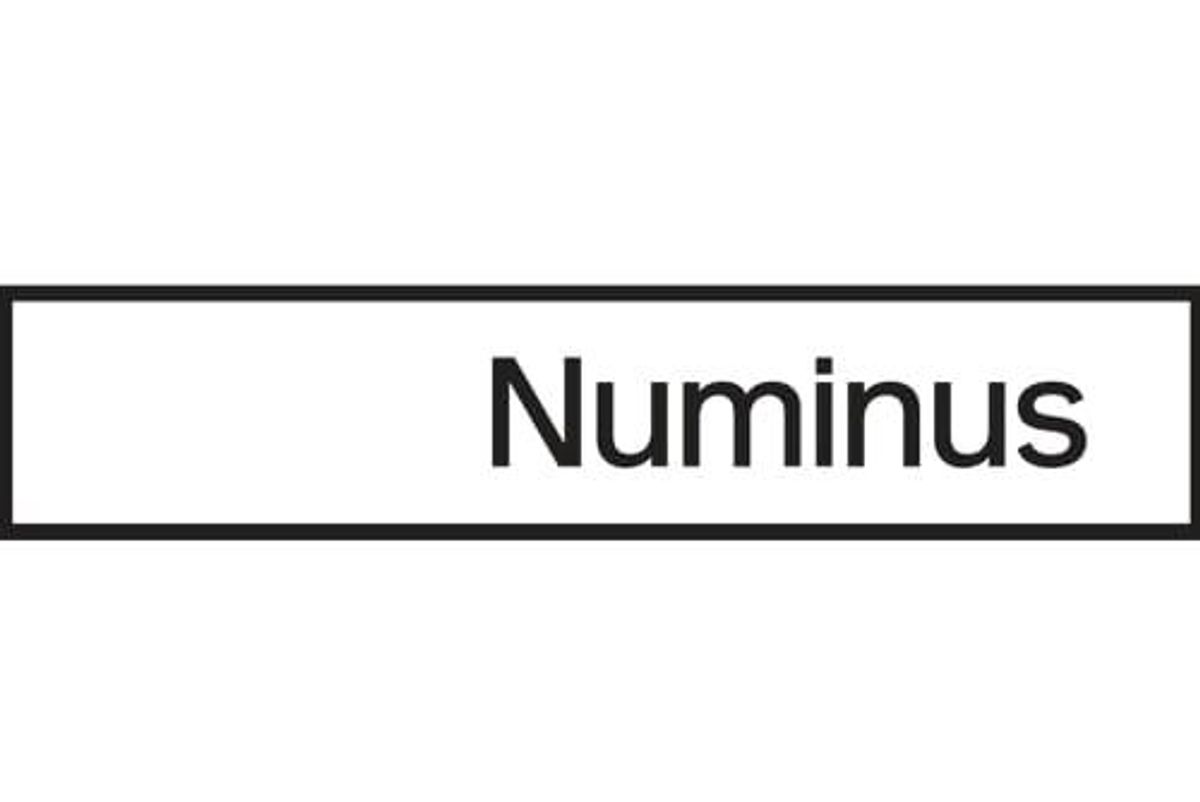
May 08, 2023
MindBio Therapeutics Corp. (CSE:MBIO); (the "Company" or "MindBio") is pleased to announce that its common shares have listed on the Canadian Securities Exchange under the ticker MBIO.
- Leading biotech/biopharm company MindBio lists on the Canadian Securities Exchange
- Psychedelic medicine fund, Negev Capital is a shareholder
- Successful completion of Phase 1 trial and two fully funded Phase 2 trials begin shortly
- World first take-home approvals for LSD-Microdosing clinical trials.
The Company is also pleased to reveal that Negev Capital, a world leading institutional fund focusing on psychedelic medicines is a shareholder as is Shape Capital, Hardenbrook Group and Advisir Ventures.
MindBio will be one of only a handful of public companies globally focused on psychedelics conducting Phase 2 human clinical trials. It is the only company in the world to have clinical trials approved for LSD take-home use having successfully completed a Phase 1 LSD-Microdosing clinical trial in 2022. Two separate Phase 2 take home LSD-Microdosing trials are fully funded and due to start shortly. With a scientific team of 18 staff, MindBio is developing a Microdosing treatment protocol for at-home use and is developing a targeted treatment, formulation and digital intervention for scaling these treatments in the primary health system.
Chief Executive Justin Hanka said "We are changing the course of mental health treatments and believe that microdosing of psychedelic medicines combined with our proprietary treatment protocols will be a game changer for the treatment of depression and related mental health conditions at scale in the primary health care system.
We expect to make a number of strategic announcements over the coming months including much anticipated positive read outs from our Phase 1 LSD-Microdosing trial and progress of our two upcoming Phase 2 trials".
Receive our latest updates here: Register to receive our latest updates
Follow MindBio on LinkedIn: here
Follow CEO Justin Hanka on LinkedIn: here
For further information, please contact:
Justin Hanka, Chief Executive Officer
61 433140886
justin@mindbiotherapeutics.com
About MindBio Therapeutics
MindBio is a biotech/biopharma company focused on creating novel and emerging treatments for mental health conditions and is conducting world first take home LSD-Microdosing human clinical trials. MindBio has a leading presence in microdosing of psychedelic medicines and is advancing its drug and technology intervention protocols through clinical trials. MindBio has developed a multi-disciplinary platform for developing treatments and is involved in psychedelic medicine development, has completed Phase 1 clinical trials microdosing Lysergic Acid Diethylamide (LSD) in 80 patients, has a Phase 2 clinical trial in development microdosing LSD in patients with Major Depressive Disorder and a Phase 2 clinical trial in development microdosing LSD in late stage cancer patients experiencing existential distress. MindBio invests in research that forms the basis for developing novel and clinically proven treatments including digital technologies and interventions to treat debilitating health conditions such as depression, anxiety and other related mental health conditions.
Cautionary Note Concerning Forward-Looking Statements:
The press release contains "forward-looking statements" within the meaning of applicable securities laws. Forward-looking statements can be identified by words such as: "anticipate," "intend," "plan," "budget," "believe," "project," "estimate," "expect," "scheduled," "forecast," "strategy," "future," "likely," "may," "to be," "could," "would," "should," "will" and similar references to future periods or the negative or comparable terminology, as well as terms usually used in the future and conditional. Forward-looking statements are based on assumptions as of the date they are provided. However, there can be no assurance that such assumptions will reflect the actual outcome of such items or factors.
Additionally, there are known and unknown risk factors that could cause the Company's actual results and financial conditions to differ materially from those indicated in the forward-looking statements. Therefore, you should not rely on any of these forward-looking statements. Important risk factors that could cause actual results and financial conditions to differ materially from those indicated in the forward-looking statements, include among others: general economic, market and business conditions in Canada and Australia; market volatility; unforeseen delays in timelines for any of the transactions or events described in this press release. All forward-looking information is qualified in its entirety by this cautionary statement.
The Company disclaims any obligation to revise or update any such forward-looking statement or to publicly announce the result of any revisions to any of the forward-looking information contained herein to reflect future results, events or developments, except as required by law.
Neither the Canadian Securities Exchange nor its Regulation Service Provider (as that term is defined in the policies of the Canadian Securities Exchange) accepts responsibility for the adequacy or accuracy of this release.
The Conversation (0)
03 February
Lobe Sciences Reports First Quarter 2026 Results and Highlights
VANCOUVER, BC / ACCESS Newswire / February 3, 2026 / lobe sciences ltd. (CSE:LOBE,OTC:LOBEF)(OTCQB:LOBEF)(Frankfurt:LOBE.F) ("Lobe" or the "Company"), a biopharmaceutical company advancing programs in diseases with unmet medical needs, today reported unaudited financial results for the first... Keep Reading...
13 January
Lobe Sciences Advances Governance and Capital Markets Expertise with Appointment of Mr. Nick Karakochuk to the Board of Directors
VANCOUVER, BRITISH COLUMBIA / ACCESS Newswire / January 13, 2026 / lobe sciences ltd. ("Lobe Sciences" or the "Company") (CSE:LOBE)(OTCQB:LOBEF)(FWB:LOBE.F), a clinical-stage biopharmaceutical company focused on advancing therapies for diseases with significant unmet medical needs, today... Keep Reading...
08 January
Lobe Sciences Reports FY2025 with a Stronger Balance Sheet and Sharpened Strategy
Balance Sheet and Sharpened Strategy VANCOUVER, BRITISH COLUMBIA / ACCESS Newswire / January 8, 2026 / lobe sciences ltd. (CSE:LOBE)(OTCQB:LOBEF)(Frankfurt:LOBE.F) ("Lobe" or the "Company"), a biopharmaceutical company advancing programs in diseases with unmet medical needs, today reported... Keep Reading...
07 January
U.S. Patent allowance received for PTSD discovery programme
Solvonis Therapeutics plc (LSE: SVNS), an emerging biopharmaceutical company developing novel medicines for high-burden central nervous system ("CNS") disorders, announces that it has received a Notice of Allowance (the "Allowance") from the United States Patent and Trademark Office ("USPTO")... Keep Reading...
06 January
Lobe Sciences Reports Fiscal 2025 Results and Highlights Strategic Transformation Following Leadership Transition
VANCOUVER, BRITISH COLUMBIA / ACCESS Newswire / January 6, 2026 / lobe sciences ltd. (CSE:LOBE)(OTCQB:LOBEF)(FWB:LOBE.F) ("Lobe" or the "Company"), a biopharmaceutical company advancing programs in diseases with unmet medical needs, today reported audited financial results for the fiscal year... Keep Reading...
01 December 2025
Numinus Wellness Provides Corporate Update
Numinus Wellness Inc. (TSX: NUMI) (OTCQX: NUMIF) ("Numinus" or the "Company"), a mental health care company focused on innovative behavioral health treatments with a focus on safe, evidence-based psychedelic-assisted therapies, is providing a corporate update.Change of auditorsOn October 10,... Keep Reading...
Latest News
Interactive Chart
Latest Press Releases
Related News
TOP STOCKS
American Battery4.030.24
Aion Therapeutic0.10-0.01
Cybin Corp2.140.00


